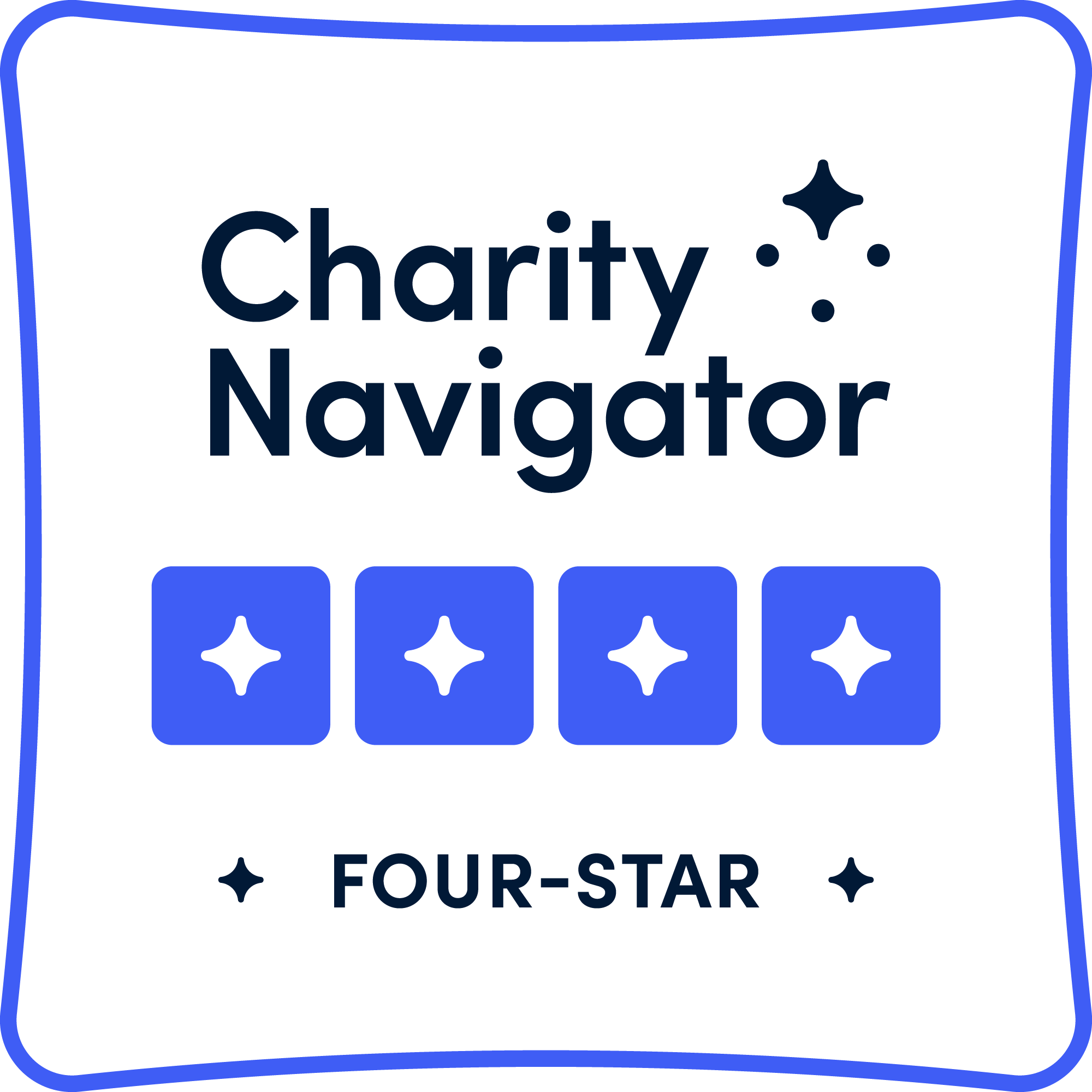Category: Conferences
Sorry, no posts matched your criteria.
Sorry, no posts matched your criteria.

AMYLOIDOSIS RESEARCH CONSORTIUM, INC.
320 Nevada Street, Suite 210 Newton, MA 02460 USA | 617-467-5170
support@arci.org
ARC is a 501(c)(3) nonprofit organization. Tax ID: 47-2589708
©2025 ARC – Amyloidosis Research Consortium, Inc. All rights reserved.


AL amyloidosis was placed in the spotlight at the American Society of Hematology (ASH) annual meeting in Atlanta, Georgia when ARC Board member Dr. Giampaolo Merlini, from the University of Pavia, Italy, gave the prestigious keynote Ham-Wasserman lecture on the first day.
Speaking to an audience of several thousand hematologists, Dr. Merlini provided an overview of the recent advances in several key areas in AL amyloidosis. These included; a better understanding of the molecular mechanisms that give rise to AL amyloidosis; the importance of early diagnosis; the need to tailor treatment to individuals; and the role of cardiac biomarkers at critical stages of the disease particularly at diagnosis, when risk stratifying patients and measuring response to treatment.
Dr. Merlini also discussed the exciting developments in the drug pipeline. He explained how different approaches were being used to target not only the cause of AL amyloidosis but also its consequences, noting how new drugs aimed at accelerating the breakdown and removal of amyloid deposits were showing promising results in clinical trials.
Isablelle Lousada, CEO of the Amyloidosis Research Consortium, said, “We’re very proud that Dr. Merlini was recognized by his peers for his work in amyloidosis and are extremely grateful that he was given such a platform to raise awareness among fellow clinicians.”
AL amyloidosis was featured in other scientific sessions where the latest data from a number of clinical trials were shared. In one session, results from two separate Phase II trials of daratumumab for relapsed AL amyloidosis patients were presented back to back. Daratumumab is a monoclonal antibody which targets and destroys the abnormal plasma cells that are responsible for producing the amyloid light chains.
Dr. Vaishali Sanchorawala, from the Boston Medical Center, presented the results from the first trial noting that patients achieved rapid reduction in free light chain levels after the first dose of daratumumab and further reductions with subsequent doses. Patients also showed improved kidney and heart function with continued treatment up to six months. Side-effects associated with daratumumab were mild and easily managed.
Results from the second trial presented by Dr. Murielle Roussel, from the University Cancer Institute of Toulouse, Oncopole, also demonstrated that patients achieved rapid responses with daratumumab. Further analysis showed that those who responded well after the first dose were more likely to achieve a complete or near complete response and have better outcomes.
In other talks, data from a Phase I trial of the novel drug CAEL-101 also showed promise. CAEL-101 is one of a new generation of drugs which works by breaking down the amyloid deposits. When given to AL amyloidosis patients who had already received plasma cell-directed treatment but had persistent organ dysfunction, rapid, early and sustained improvements in organ function were observed. Plans are underway to further investigate CAEL-101 in more patients.
Kristen Hsu, Director of Clinical Research at the Amyloidosis Research Consortium, said, “Step changes are being made in the treatment landscape for AL amyloidosis. The results we have seen here at ASH this year highlight the fact that we are very close to having specific treatments for AL amyloidosis.”
Read part one of ARC’s ASH recap here.
